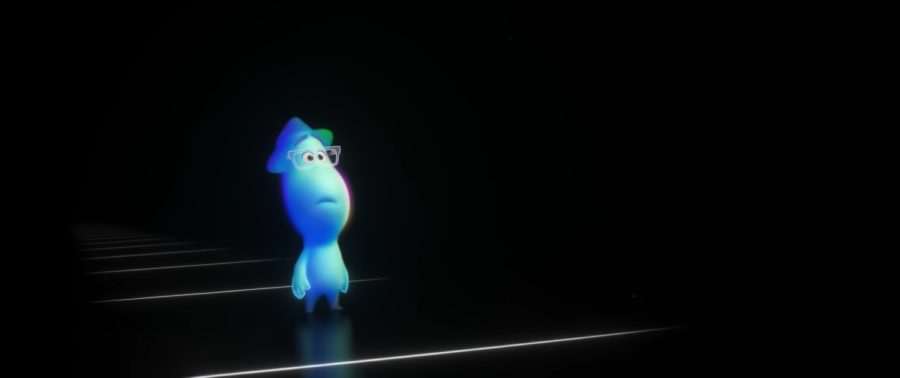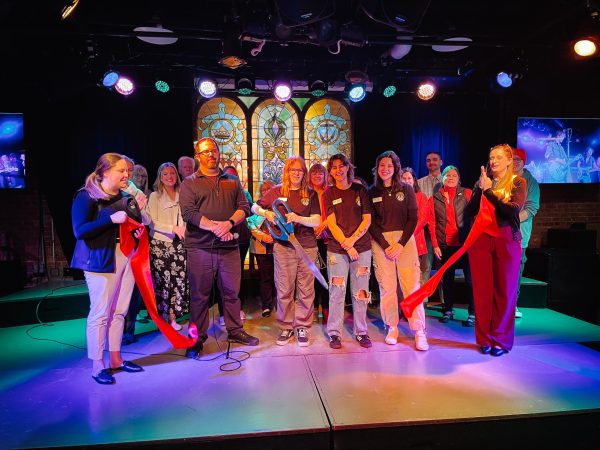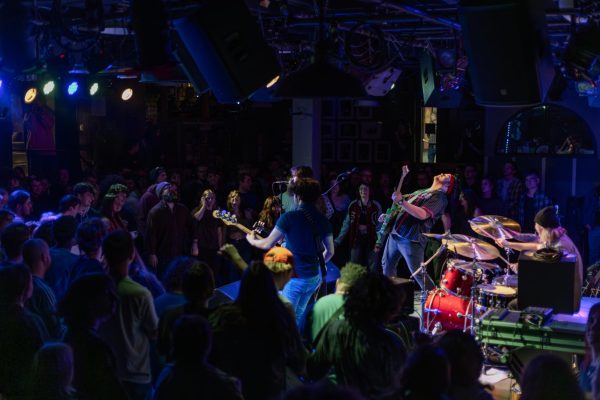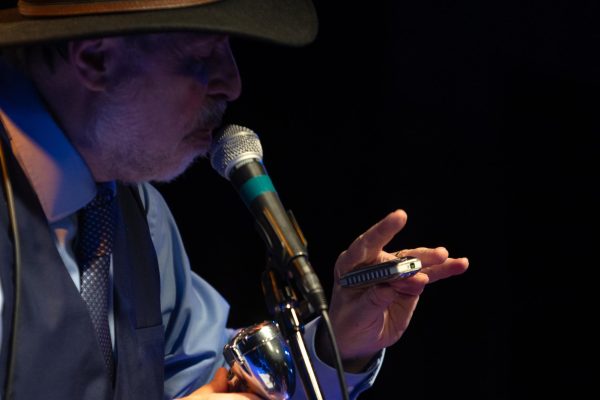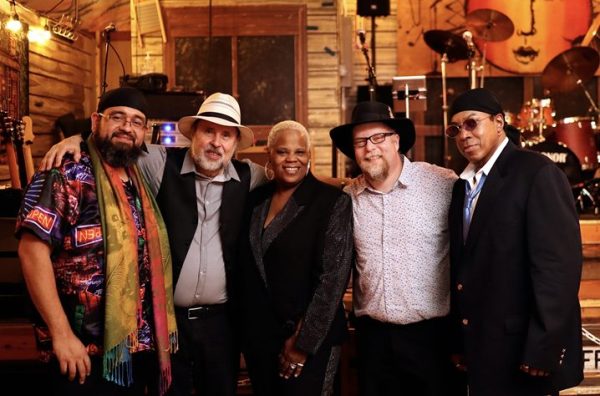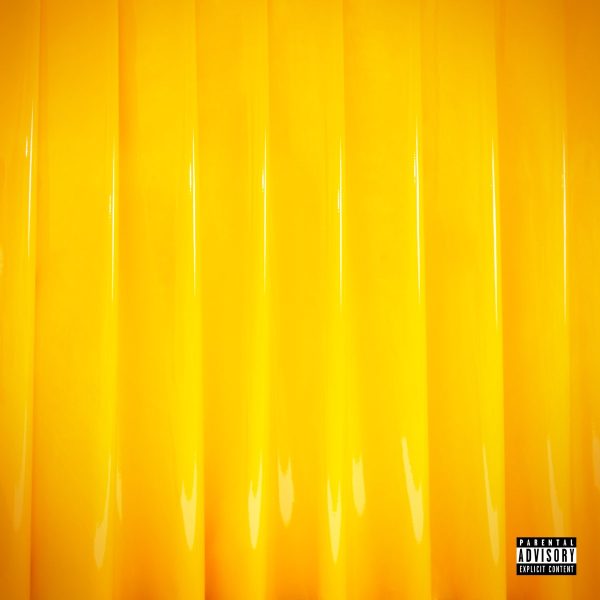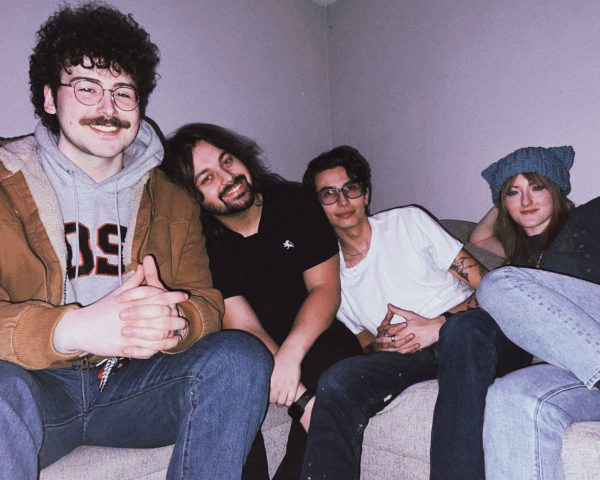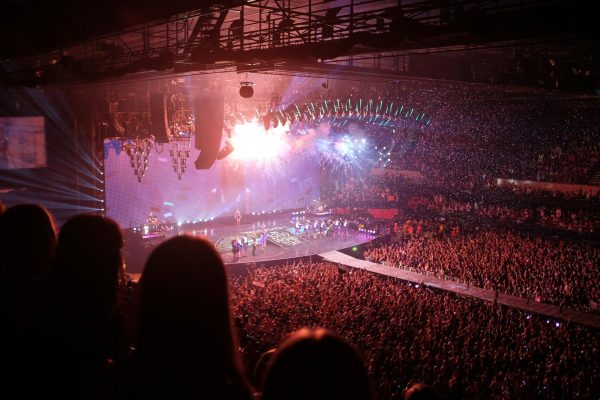- Limelight
- Limelight / Culture
- Limelight / Culture / Pop Culture
- Limelight / Visual Media
- Limelight / Visual Media / Film
Troup: Animation trope dehumanizes nonwhite characters
In the upcoming Pixar movie “Soul,” the African American lead character is transformed into a bloblike creature.
May 21, 2020
Changing the species of nonwhite characters in animated movies is a problem that exists in movies from the past, present and future.
Animated movies are the perfect environment to bring fantasy to life. Unfortunately, too many times nonwhite characters have been dehumanized by being transformed into an animal or creature for the majority of their screen time.
The act of taking away nonwhite characters’ racial identities dates back as far as the early 2000s. In Disney’s “The Emperor’s New Groove” (2000) and “Brother Bear” (2003), native Incan and Alaskan Native American characters, respectively, are transformed into animals for the majority of their movies.
One of the most popular Disney Princess movies of all time, “The Princess and the Frog” (2009), shows main character Tiana as a frog for over half of the film. The most recent movie to be discussed in this article, “Spies in Disguise” (2019) depicts main character Lance as a pigeon for almost half of his screen time.
The upcoming Pixar movie “Soul,” set to be released on Nov. 20 of this year, follows Joe, a jazz musician and band teacher. When he travels to another plane of existence, he is transformed into a ghost-like, blob-shaped creature.
It shouldn’t be a given decision to turn a leading character of color in animation films into a creature of another species. Whether these decisions were actively meant to avoid showing characters of color on screen for most of the movie or not, it is not acceptable to have such a long pattern of this dehumanization.
Luckily, there have been some animated movies to have characters of color play prominent roles without transforming into another creature. Mattias in “Frozen 2” (2019), most of the characters in “Moana” (2016) and the members of the Proud family from “The Proud Family Movie” (2005) are prominent human characters in their respective films.
The petition “STOP Animation Trope that Dehumanizes Black Characters” on Change.org has garnered over 2,250 signatures. It is petitions like this and other acts that are meant to bring attention to this issue in animation that will hopefully end this offensive trope.

